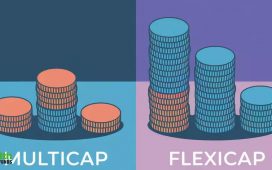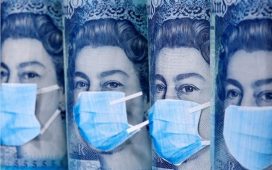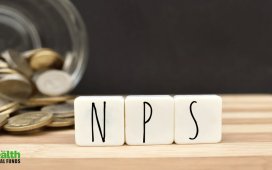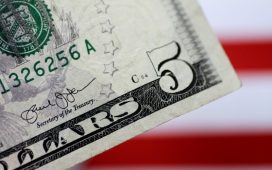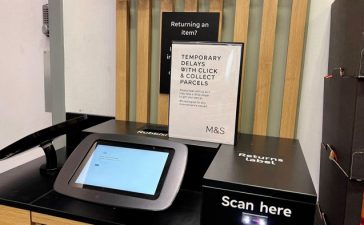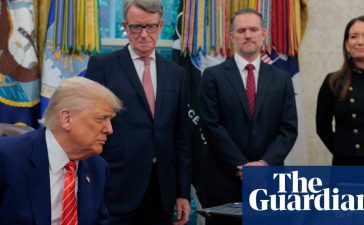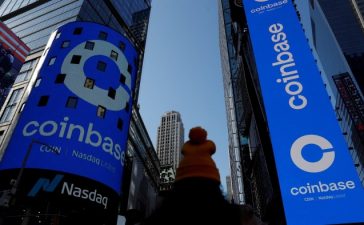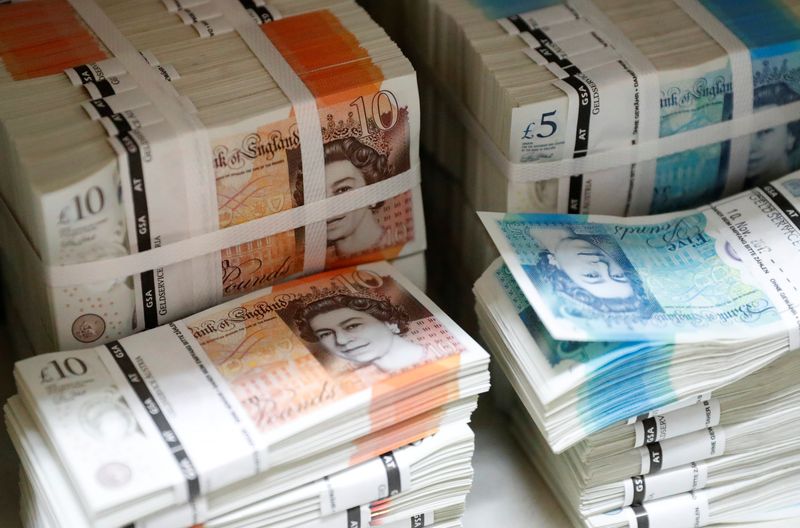
© Reuters. Wads of British Pound Sterling banknotes are stacked in piles at the Money Service Austria company’s headquarters in Vienna, Austria, November 16, 2017. REUTERS/Leonhard Foeger/File Photo
By Amanda Cooper
LONDON (Reuters) – The pound fell to its lowest so far this month on Friday, after data showed UK consumer spending stagnated in February and Bank of England (BoE) Governor Andrew Bailey said rate cuts “were in play” this year.
fell 0.6% to $1.262, its lowest since March 1, having dropped nearly 1% the previous day after the BoE kept rates unchanged but signalled a loosening in monetary policy was on the cards.
Against the euro, the pound was down 0.2% at 85.99 pence.
On Thursday, the BoE left interest rates unchanged, but in its statement, it suggested it was edging towards making a change to monetary policy.
Furthermore, two members of the Monetary Policy Committee that had previously voted to raise rates instead voted to maintain them – a decision many in the market had not expected.
As recently as two weeks ago, futures markets had priced in little more than two rate cuts from the BoE this year, most likely in August.
Since the BoE’s decision on Thursday, that has now shifted to three cuts, most likely in June, bringing the Bank more in line with the expected timing of rate cuts from the Federal Reserve and the European Central Bank.
“The softness in sterling is something that we had expected given we have long been more dovish than markets on the BoE, but might have come a bit earlier than what we have anticipated,” Francesco Pesole, a strategist at ING, said.
“Euro/sterling may struggle to find much more support above 0.8600 as UK data still has to validate the recent repricing of the Sonia curve,” he said, referring to the Sonia rate futures market.
Separately, British retail sales stagnated in February after rising by a revised 3.6% January, figures from the Office for National Statistics showed on Friday.
“January’s bounce in UK retail sales was short-lived, with February’s reading flat, and down by 0.4% on last year’s number. This was slightly ahead of economists’ expectations, but overall, not a great sign for the UK economy,” said Michael Field, European market strategist at Morningstar.

